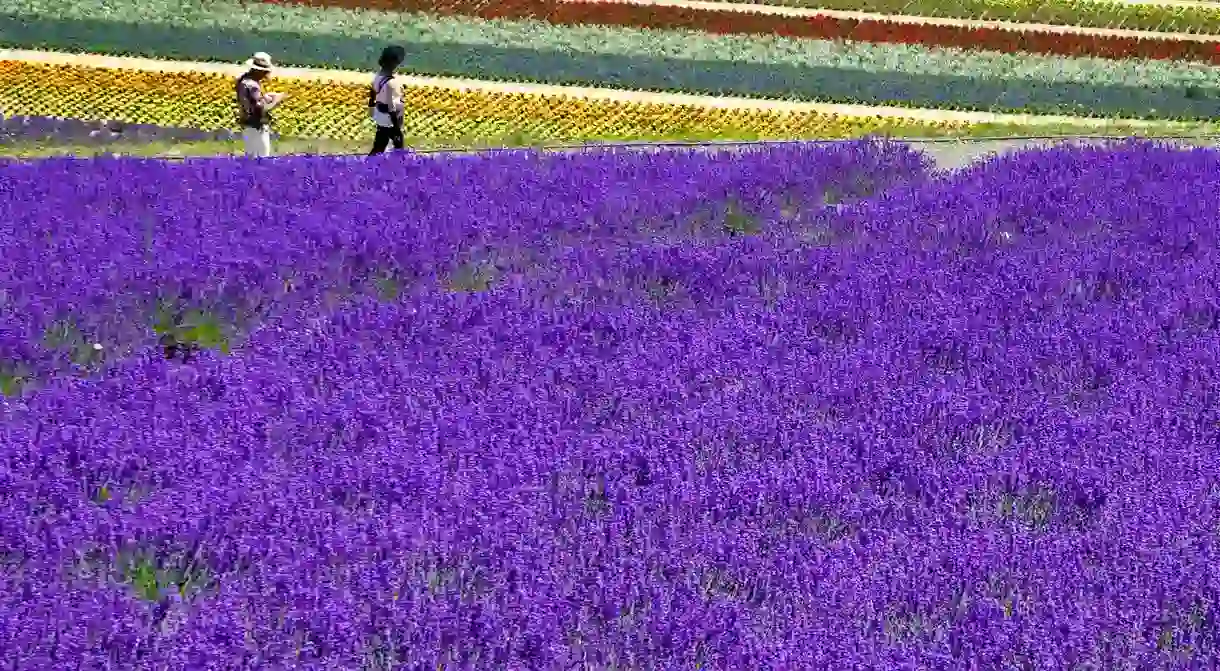Top Reasons Why Japanese Whisky is Better than Scotch

The first Japanese whisky distillery opened in 1923, but it wasn’t until 2014 when a Japanese whisky was ranked best in the world, much to the chagrin of the entire country of Scotland. In his highly respected Whisky Bible, whisky expert Jim Murray proclaimed Yamazaki Single Malt Sherry Cask 2013 to be a feat of “near indescribable genius”, with a flavor as “thick, dry, and rounded as snooker ball”. This is high praise coming from a man who has tasted over 4,000 brands of whisky and has more or less devoted his life to the drink. Today, Japanese whiskies are among the most highly sought after in the world. Whisky enthusiasts, look no further.
Did you know – Culture Trip now does bookable, small-group trips? Pick from authentic, immersive Epic Trips, compact and action-packed Mini Trips and sparkling, expansive Sailing Trips.
Environment
Japanese distilleries are built in remote locations known for their water purity and clean rain forest environment. Yamazaki (ranked number one in the 2015 Whisky Bible) even has its own water source. The purity of the water source is of utmost importance to the Japanese, who have employed similar practices in brewing sake for centuries.
Variety
Due to the high number of distilleries in Scotland, most of them produce only one type of single malt. In Japan, because there are only a handful of distilleries, each brand produces a wide array of single malts and blends every year.
High elevation, low pressure

Bear with us for a brief science lesson. Japan is home to some of the highest distilleries in the world; as elevation increases, pressure decreases, and therefore the boiling point also decreases. A lower boiling point helps retain flavor and aroma and produces a smooth, more drinkable whisky.
Filtration method
While American whisky is typically filtered through charcoal, some Japanese distilleries filter their whisky in bamboo (How Japanese is that?), which helps purify the drink.
Barley
Interestingly enough, the barley used in Japanese whisky is imported from Scotland while Scottish distilleries typically import barley from Poland, Germany, and the US.
Yeast
Japanese distilleries use a great variety of yeasts during fermentation, each with its own unique characteristics. Suntory Liquors has even created its own strain, suntoryeus lactobacillus.
Texture
The Japanese are masters of combining subtlety with complexity, and their whisky is no exception. Mild and smooth, even non-whisky drinkers have been known to come around to enjoying Japanese whisky.
Fast maturation
Because of Japan’s climate, Japanese whisky tends to mature faster than Scotch, resulting in a product that tastes older and more refined than it actually is.
Food pairings
Scotch and American whiskies tend to be a bit harsher and are typically drunk on their own, however the Japanese love to drink highballs (whisky and soda water) with food. Purists will surely scoff at this, but it tastes good, so who cares?
Price
Even as an import, Japanese whisky is not too hard on the wallet. A 12 year old Hibiki will cost you about $65, while older, more exclusive blends can cost into the thousands.
International recognition

Nine different whiskies from Suntory Liquors won awards during the International Spirits Contest held in the UK in 2013. Nikka whisky was ranked “Best of the Best” by Whisky Magazine in 2001. Yamazaki (see introduction) produced what has been hailed as the greatest whisky in the world.
Bill Murray
The patron saint of cool enjoys a Hibiki 30-year in the film, Lost in Translation. Bill Murray likes it; therefore, it is good.













